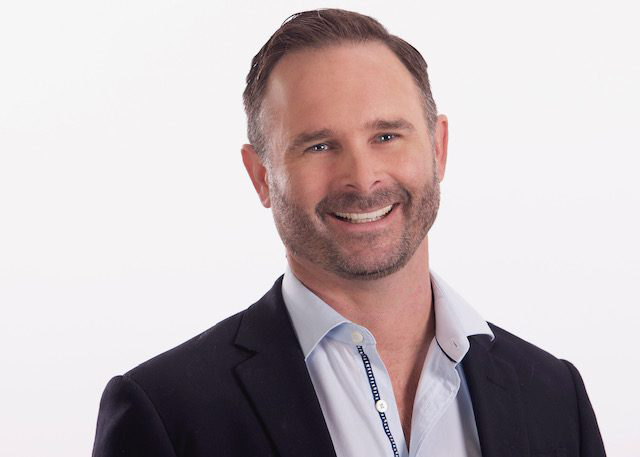Co-occurring disorders, also known as dual diagnosis or comorbidity, are complex and challenging conditions that affect many individuals seeking addiction treatment. In this blog, we’ll delve into the concept of co-occurring disorders, explore the importance of dual diagnosis therapy, and shed light on how SEE Purpose Treatment can help individuals facing both addiction and mental health issues.
What Are Co-Occurring Disorders?
Co-occurring disorders refer to the simultaneous presence of a substance use disorder (such as drug or alcohol addiction) and one or more mental health disorders (such as depression, anxiety, or bipolar disorder) in the same individual. These conditions interact and exacerbate each other, making the treatment process more intricate.
The Complexity of Co-Occurring Disorders
- Bidirectional Influence: Substance abuse can lead to the development of mental health disorders and vice versa. For example, individuals may turn to drugs or alcohol as a way to cope with their mental health symptoms, inadvertently exacerbating their addiction.
- Shared Risk Factors: Co-occurring disorders often share common risk factors, including genetic predisposition, trauma, environmental stressors, and early exposure to substance abuse.
- Treatment Challenges: Individuals with co-occurring disorders require specialized treatment that addresses both conditions simultaneously. Focusing solely on addiction or mental health can lead to relapse and hinder recovery progress.
The Importance of Dual Diagnosis Therapy
Dual diagnosis therapy is a comprehensive and integrated approach to treating co-occurring disorders. It recognizes that addiction and mental health issues are interconnected and should be addressed concurrently. Here’s why dual diagnosis therapy is crucial:
- Holistic Treatment: Dual diagnosis therapy combines addiction treatment with evidence-based therapies for mental health disorders. This holistic approach ensures that individuals receive well-rounded care that addresses their unique needs.
- Personalized Care: Treatment plans are tailored to each individual’s specific conditions, ensuring that both addiction and mental health issues are addressed effectively.
- Relapse Prevention: By addressing the underlying mental health factors contributing to addiction, dual diagnosis therapy reduces the risk of relapse and promotes long-term recovery.
- Improved Quality of Life: Individuals with co-occurring disorders who receive dual diagnosis therapy often experience improved overall well-being and a better quality of life.
How SEE Purpose Treatment Can Help
SEE Purpose Treatment is dedicated to providing specialized care for individuals with co-occurring disorders. Our approach includes:
- Comprehensive Assessment: We conduct a thorough assessment to identify both addiction and mental health issues, ensuring that our treatment plans are tailored to your unique needs.
- Integrated Treatment: Our programs integrate evidence-based therapies for addiction and mental health, such as cognitive-behavioral therapy, dialectical behavior therapy, and trauma-informed care.
- Experienced Professionals: Our team of experienced professionals is trained in dual diagnosis therapy, ensuring that you receive the highest level of care.
- Ongoing Support: We provide ongoing support and aftercare to help individuals maintain their recovery and mental well-being long after treatment concludes.
SEE Purpose is a Dual Diagnosis Rehab That Can Help
Understanding co-occurring disorders is essential for anyone seeking addiction treatment, as it highlights the interconnectedness of addiction and mental health issues. Dual diagnosis therapy, as offered by SEE Purpose Treatment, provides a holistic and personalized approach that increases the likelihood of lasting recovery and improved mental well-being. If you or someone you know is grappling with co-occurring disorders, seeking professional help is the first step towards healing and hope. Remember, recovery is possible, and you don’t have to face this journey alone.
SEE Purpose is a top-rated drug and alcohol rehab in Indiana. Contact us today to learn more about how our Indianapolis detox programs can help.




